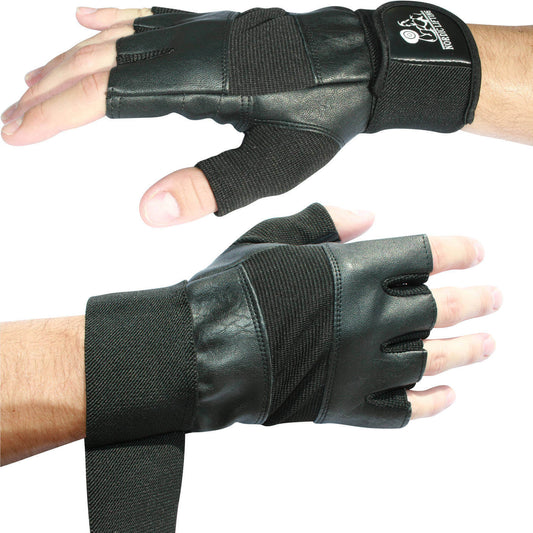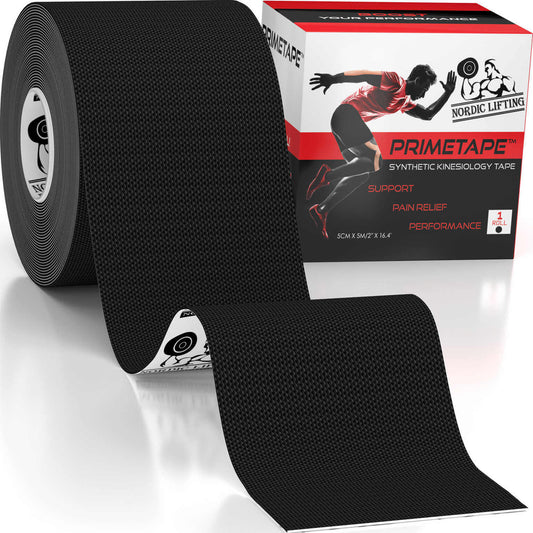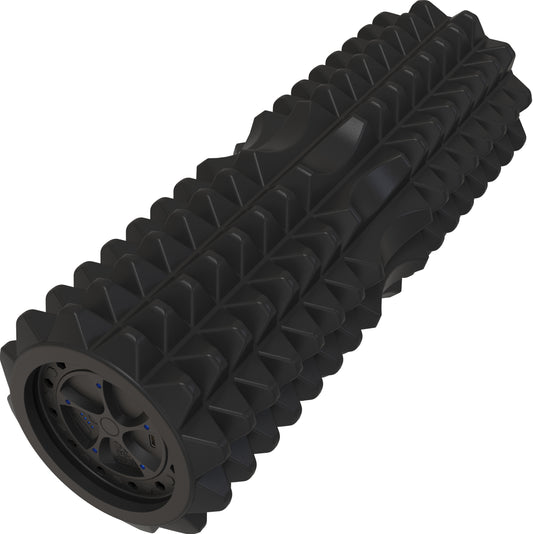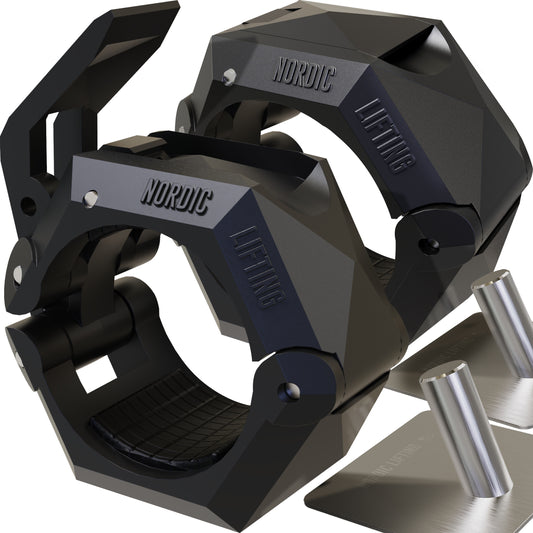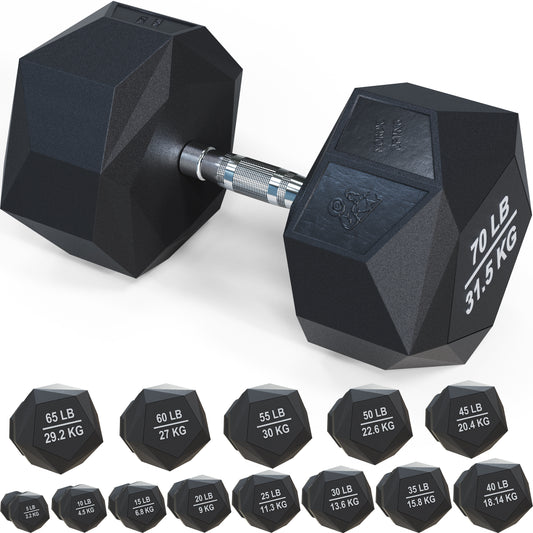Last Updated: February 7, 2025
Building muscle effectively is essential for anyone looking to improve their fitness. A balanced approach that includes proper training, nutrition, and recovery is crucial for real muscle growth. Knowing how to combine these elements can lead to noticeable changes in strength and physique.
A successful muscle-building journey begins with understanding the fundamentals. This means focusing on effective exercises, creating a structured training program, and ensuring that the body receives adequate rest. Alongside this, paying attention to nutrition—specifically protein intake and overall calorie consumption—is vital for muscle recovery and growth.
By addressing these key areas, anyone can unlock their potential for muscle development. Whether one is a beginner or has experience in fitness, applying the right strategies can make a significant difference in their results.
Key Takeaways
- Proper training and nutrition are crucial for muscle growth.
- A structured program helps in achieving fitness goals effectively.
- Rest and recovery play a key role in muscle development.
Fundamentals of Muscle Growth
Building muscle effectively requires understanding several key concepts. These include the science of hypertrophy, the crucial role of nutrition, and the importance of recovery, including sleep. Each of these elements plays a vital role in achieving muscle gains.
Understanding Hypertrophy
Hypertrophy is the process of increasing muscle mass through the growth of muscle fibers. There are two main types: myofibrillar and sarcoplasmic hypertrophy.
- Myofibrillar Hypertrophy: This involves the growth of the muscle fibers themselves. Heavier weights with lower repetitions often achieve this.
- Sarcoplasmic Hypertrophy: This increases the volume of the muscle's sarcoplasm, which is the gel-like substance surrounding the fibers. It typically requires lighter weights with higher repetitions.
To effectively trigger hypertrophy, a person should aim for progressive overload. This means consistently increasing the weight or resistance in workouts. This stress forces muscles to adapt, grow, and repair. Additionally, focusing on a variety of exercises can prevent plateaus and contribute to consistent muscle growth.
The Role of Nutrition in Muscle Building
Nutrition is essential for muscle growth and recovery. A well-rounded diet must include the right macronutrients: proteins, fats, and carbohydrates.
- Proteins: They are crucial for muscle recovery and growth. Aiming for a protein intake of about 1.6 to 2.2 grams per kilogram of body weight is a good goal.
- Calories: To build muscle, a caloric surplus of 250-500 calories daily is recommended. This provides the body with the energy needed for growth.
- Nutrients: Foods like lean meats, dairy, beans, and whole grains contribute to a balanced diet.
Having a structured nutrition plan that includes a variety of nutrient-dense foods helps maximize muscle gains while supporting overall health.
Importance of Adequate Sleep and Recovery
Sleep and recovery are often overlooked but are critical for muscle growth. During sleep, the body performs most of its repair work. Aim for 7-9 hours of quality sleep each night.
Recovery time allows the muscles to repair and grow stronger after workouts. This includes rest days and proper post-workout nutrition. A muscle recovery strategy should also focus on hydration and stretching.
Without adequate recovery, muscles can become fatigued and risk injury. Proper sleep and rest ensure that the body has the chance to optimize muscle hypertrophy and enhance performance in subsequent workouts.
Creating an Effective Training Program
An effective training program is essential for building muscle. It should incorporate various techniques and exercises that challenge the body's muscle groups. Key areas include resistance and strength training, exercise selection, and the principle of progressive overload.
Incorporating Resistance and Strength Training
To build muscle effectively, one must focus on resistance and strength training. This type of training helps develop muscle mass and improve overall strength.
Compound movements, like squats, deadlifts, and bench presses, engage multiple muscle groups at once. These exercises are efficient for building strength and size.
Isolation exercises, such as bicep curls and tricep extensions, target specific muscles. Including both types of exercises in a training program ensures a balanced approach to muscle development.
A typical recommendation is to perform strength training at least 2-3 times per week. Consistent training is crucial for seeing progress and preventing plateaus.
Exercise Selection and Proper Form
Choosing the right exercises is vital in any workout program. The best exercises involve a mix of compound and isolation movements tailored to individual goals and fitness levels.
Proper form is essential to prevent injuries. Each exercise should be performed with attention to body mechanics. For example, during a squat, keeping the back straight and knees aligned enhances safety and effectiveness.
Some effective exercises include:
- Deadlifts - Engages the back, glutes, and hamstrings.
- Pull-ups - Targets the upper back and biceps.
- Rows - Focuses on the back muscles.
- Overhead press - Works the shoulders and triceps.
Following guidelines for sets and repetitions helps achieve optimal results.
Understanding Progressive Overload
Progressive overload is a key principle in muscle building. It involves gradually increasing the demands on the muscles.
There are several ways to implement progressive overload:
- Increase weight: Adding more weight to exercises challenges muscles further.
- Adjust repetitions: Increasing the number of reps can enhance training intensity.
- Change tempo: Slowing down movements can create more tension during muscle contraction.
It’s essential to monitor sets per muscle group to ensure balanced development. Aiming for 3-5 sets per major muscle group is a common strategy. Adjusting training frequency, alongside consistent progression, leads to better strength and muscle gains over time.
Nutrition and Supplementation Strategies
Proper nutrition and effective supplementation are crucial for building muscle. This section emphasizes the importance of calculating caloric intake and macronutrients, along with choosing the right protein sources and supplements.
Calculating Calories and Macronutrients
To gain muscle effectively, one must be in a calorie surplus. This means consuming more calories than the body burns.
Key macronutrients include:
- Proteins: Essential for muscle synthesis.
- Carbohydrates: Provide energy for workouts.
- Fats: Important for hormone regulation.
Individuals aiming to build lean body mass should focus on a balanced diet. A common approach is the 40-30-30 plan, where 40% of calories come from carbohydrates, 30% from proteins, and 30% from fats.
A registered dietitian can help in crafting a personalized plan based on individual goals and lifestyle. Tracking caloric intake using apps or food diaries can enhance accountability and promote better nutrition choices.
Choosing Quality Protein and Supplements
Protein plays a vital role in muscle repair and growth. Quality sources of protein include lean meats, fish, dairy, and plant-based options like beans and lentils.
For those who struggle to meet their protein needs through food alone, protein powders can be beneficial. These supplements offer concentrated sources of protein and are easy to consume.
It's also important to consider amino acids. Branched-chain amino acids (BCAAs) are known to enhance protein synthesis and reduce muscle breakdown.
When selecting supplements, look for products that have been tested for quality and effectiveness. Always consult with a healthcare professional before starting any new supplement routine.
Additional Considerations for Muscle Development
When building muscle, several important factors can influence progress. Managing weight, avoiding training mistakes, and incorporating flexibility and balance exercises can enhance results and support overall health.
Managing Weight and Body Composition
Managing weight is vital for achieving muscle gain. Individuals often follow bulking or cutting phases to reach their fitness goals. During bulking, extra calories support muscle mass growth. It is essential to monitor caloric intake and focus on nutrient-dense foods like lean proteins, whole grains, and healthy fats.
A higher metabolic rate often benefits those seeking to gain lean body mass. A personal trainer can help design a customized workout split, incorporating compound exercises like squats and deadlifts. These exercises promote higher muscle activation and overall metabolic enhancement.
Avoiding Common Training Pitfalls
Avoiding common training pitfalls ensures consistent progress. One major mistake is overtraining, which can lead to muscle damage and hinder recovery. It is crucial to balance intense workouts with adequate rest periods.
Proper form is essential to prevent injuries and maximize gains. Focusing on quality over quantity during workouts can yield better results. Additionally, incorporating variety into training can keep it enjoyable and help prevent plateaus.
Integrating Flexibility and Balance Training
Flexibility and balance training are often overlooked in muscle development plans. Practices like yoga can improve flexibility, enhance recovery, and reduce the risk of injury.
Including these forms of exercise can also support athletic performance by improving body awareness and coordination. Stretching can aid recovery after intense weightlifting sessions, promoting better muscle repair.
Integrating flexibility and balance training into a fitness regimen can enhance overall muscle development and performance, contributing to long-term health and fitness success.
Frequently Asked Questions
This section addresses common questions about building muscle effectively. Each question focuses on different aspects of strength training and nutrition, providing clear information to support muscle growth.
What are the most effective strength training exercises for muscle gain?
Effective strength training exercises include compound movements like squats, deadlifts, and bench presses. These exercises work multiple muscle groups at once, promoting overall muscle growth. Isolation exercises, such as bicep curls and tricep extensions, should also be included to target specific muscles.
Can you build muscle with bodyweight exercises alone?
Yes, bodyweight exercises can build muscle. Movements like push-ups, pull-ups, and lunges effectively strengthen muscles. However, adding weights over time can enhance muscle growth and provide new challenges.
How much protein should I consume daily to maximize muscle growth?
A common recommendation is to consume about 0.7 to 1 gram of protein per pound of body weight. For example, a person weighing 150 pounds may need 105 to 150 grams of protein daily. This intake helps support muscle repair and growth.
What's the difference between compound and isolation exercises for muscle building?
Compound exercises engage multiple muscle groups and joints, leading to overall strength improvements. In contrast, isolation exercises focus on one muscle group, allowing for targeted development. Both types of exercises are important for a balanced routine.
How often should I increase the weight I lift to grow muscle efficiently?
Lifting heavier weights should occur when you can comfortably perform the target number of repetitions. Typically, increasing the weight every 2 to 4 weeks is effective, but this can vary based on the individual's progress and goals.
What role do rest and recovery play in effective muscle building?
Rest and recovery are crucial for muscle growth. Muscles need time to repair after workouts, with at least 48 hours before targeting the same muscle group again. Sleep also plays a vital role in recovery, as it helps with hormone regulation and muscle repair.








